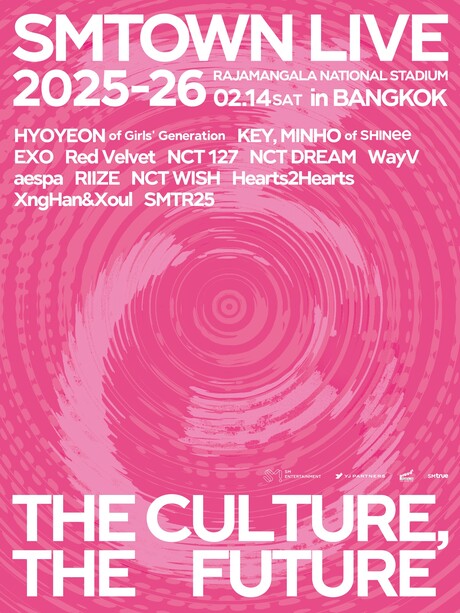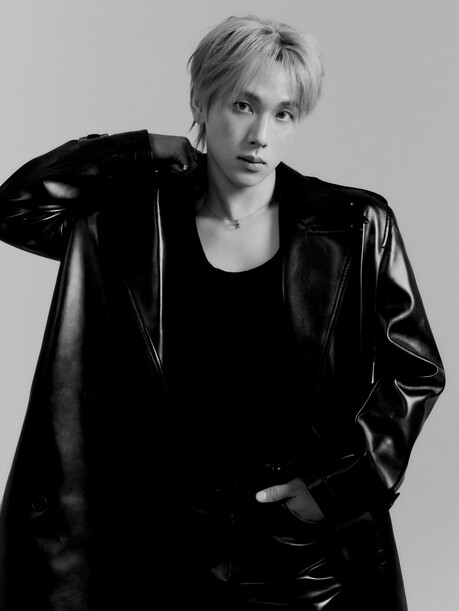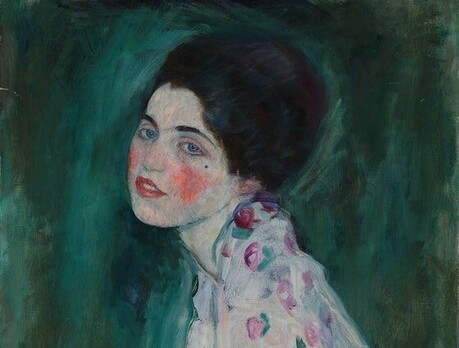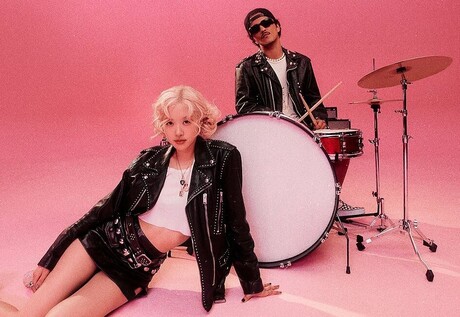Jacob Pabst, CEO of Berlin-based art market platform Artnet AG, resigned late Sunday night just hours before the company's scheduled annual general meeting on Monday. Pascal Decker, chairman of Artnet's Supervisory Board, informed shocked shareholders about the sudden resignation as the meeting began. The timing of the departure has raised significant questions about the company's leadership stability and future direction.
According to German business publication Handelsblatt, Pabst's contract had already expired at the end of August, but he cited his inability to reach an agreement on continuing in his role as the reason for his departure. Pabst, who is the son of Artnet's founding CEO Hans Neuendorf, had been leading the struggling art market platform during a particularly challenging period for the company. His father stepped down from the CEO position in 2012 after founding the pioneering online art marketplace.
Andrew E. Wolff, who controls approximately 98.93 percent of Artnet shares according to boerse.de and also owns rival art platform Artsy, will immediately step in as interim chief executive. Earlier this year, Wolff's investment firm Beowolff Capital made a voluntary public takeover offer for the company, signaling his intention to gain full control of the art market platform. Jan Petzel, managing director of Wolff's Leonardo Art Holdings, expressed surprise at Pabst's sudden resignation but said he was pleased that the annual meeting proceeded as scheduled.
During the shareholders meeting, attendees received a comprehensive overview of Artnet's 2024 financial performance and management's outlook for the remainder of 2025. The company highlighted cost savings achieved through an ongoing restructuring program and emphasized potential growth opportunities in artificial intelligence, including plans to launch an AI-powered chatbot for art market participants. Shareholders also approved the creation of authorized capital that would allow for a possible increase of up to 50 percent of the company's current share capital.
However, the meeting itself was described as highly unusual and one-sided by Handelsblatt reporters. Artnet's management team was notably absent from the room, leaving many critical questions about the company's 2025 financial outlook unanswered, despite the ongoing Beowolff takeover process. This absence created an awkward situation for shareholders seeking clarity about the company's direction.
Dirk Hagemann, a representative from investor-protection group DSW, told Handelsblatt that the meeting should have been canceled entirely given management's absence. However, he acknowledged that Wolff's takeover bid was likely the only viable option to keep the struggling company operational. Hagemann criticized years of what he called excessive fees and payments to the founding Neuendorf family, which he blamed for eroding shareholder value over time.
The criticism extends to substantial financial arrangements with founder Hans Neuendorf, with records showing 2.1 million euros in fees and travel expenses paid to him since 2018 alone. Despite repeated requests from shareholders, financial disclosures dating back to 2012 were once again not provided during the meeting, adding to transparency concerns that have plagued the company.
Former major shareholder Rüdiger K. Weng, who serves as CEO of Weng Fine Art AG, harshly criticized Pabst's departure, calling it a "runaway" situation. Weng announced his intention to pursue both civil and criminal legal action against members of the Neuendorf family as well as current and former supervisory board members. His strong reaction reflects broader frustrations among minority shareholders about the company's governance and financial management.
Supervisory Board Chairman Decker strongly dismissed these allegations as "absurd," stating that he sees no evidence of wrongdoing in the company's operations. He characterized the recent developments as finally dissolving what he called a "Gordian knot" that had been blocking the company's progress for years. Artnet AG did not respond to requests for comment before publication, leaving many questions about the leadership transition unanswered.






























